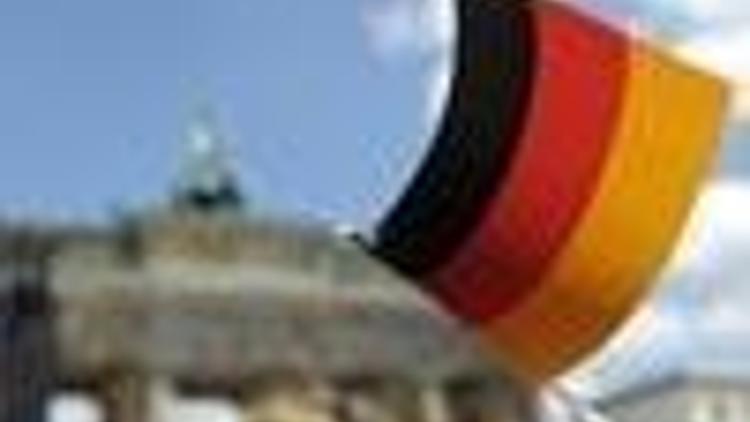Germany turns 60, re-elects president
Güncelleme Tarihi:

BERLIN - Huge crowds in Berlin celebrated on Saturday 60 years since Germany emerged from the ruins of World War II to lay the foundations for what became a democratic, peaceful and prosperous nation.
Meanwhile MPs and public figures re-elected the conservative
Horst Koehler to the largely ceremonial post of president for a second five-year term, in a boost to Chancellor Angela Merkel ahead of general elections in September.
Authorities expected half a million people around the historic Brandenburg Gate for a celebration of all things German from beer to Beethoven, with the country’s newly felt sense of national pride on full show.
Specifically, the events celebrate the 1949 creation of a democratic nation that still bore the shame of the Nazis horrors and was struggling to rebuild after total defeat and destruction in 1945.
The constitution that was drawn up for this country -- West Germany as it was -- came into effect on May 23, 1949, and has been used a model for other young democracies, primarily in post-Soviet eastern Europe.
"The founding fathers of the constitution created a solid order so that free citizens could create a life for themselves in a just society," Koehler told an ecumenical service in
Other events to mark this milestone are planned across
"We are celebrating freedom, unity, democracy," Merkel wrote in the Berliner Zeitung daily.
Being patriotic is something of a new phenomenon here, however.
For decades deep psychological scars from the war kept such feelings at bay, summed up by
But in recent years, Germans have become more comfortable with patriotism, as seen in an orgy of flag-waving national pride when
Visitors to Saturdays Buergerfest, or peoples party, along the Strasse des 17 Juni boulevard could sample rollmops from Bremen or Bavarian white sausages while being entertained by on-stage discussions and music.
"I think it is absolutely fine to do this," 68-year-old Gerhard Harald from nearby
Not everyone is happy, though, with around 1,100 people expected at a left-wing "anti-nationalist" demo on Saturday evening,
And it is not all roses, with
The recession, with the accompanying rise in unemployment and huge increase in national debt, is expected to figure highly in campaigning for general elections on September 27 when Merkel is standing for a second term.
Convincing voters that she and her conservative bloc can get
But the victory of Koehler was a minor victory for Merkel as she and her conservatives had backed the 66-year-old former head of the International Monetary Fund.
The fact that the vote by 1,223 MPs and public figures was held by secret ballot meant that there was the potential for a surprise victory for Koehler’s main challenger, the left-wing academic Gesine Schwan.
But perhaps what was capturing many peoples attention more than

